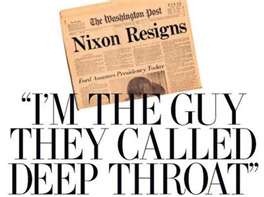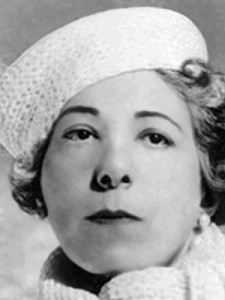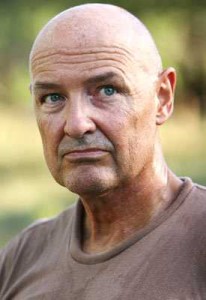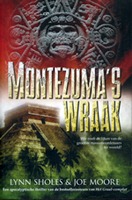It’s always great to gather with other writers and talk about the craft you love. Recently, I had the privilege of presenting a Fiction Writing Workshop to Florida Sisters in Crime. If you live in Northern Florida, consider joining this dynamic group. We met at a library and their community room was filled with over 50 attendees, all eager to take notes.
We covered fiction writing essentials in the morning and business aspects in the afternoon. In between, people met each other and mingled. That’s the best part of conferences, too. You never know who you’ll discover sitting next to you in a seminar or at the bar. You’ll make new writer friends, greet old acquaintances, and learn the industry buzz. Everything I’ve learned about the business of being a professional writer, I have gained from other authors.
This past weekend, I attended a meeting over on Florida’s west coast. The Southwest Florida Romance Writers meets regularly in Estero, located between Naples and Fort Myers. Whoever wants to meet for lunch first gathers in the Bistro downstairs at the Miromar Design Center. The meeting with a speaker begins at 1:00 on the third floor. Member Michael Joy shared some tips he’d learned during a residency in a Master of Fine Arts program. I enjoyed his teaching technique as much as the tools he mentioned on creating realistic dialogue.
Writers are very generous in sharing what we know. Attending local meetings, reading online blogs, going to conferences, and entering writing contests offer a tremendous amount of valuable information and feedback. In Florida, we have branch chapters of RWA, MWA, and Sisters in Crime. This year the Ninc national conference in October will be held here, too. It’s New Rules, New Tools: Writers in Charge, an essential and dynamic topic. And in case you didn’t already know, Sleuthfest will be moving to Orlando next March so you can bring your families along.
Don’t know what all these abbreviations mean? Then jump on the bandwagon and find out. There’s nothing more gratifying than schmoozing with fellow authors and sharing industry news. Join as many different writers organizations as you can afford and attend meetings. Get to know authors in other genres and exchange ideas. Let’s mingle!
*****
If you live in SE Florida, there’s still time to sign up for the remaining classes at the Author’s Academy. All workshops are held at Murder on the Beach Bookstore, 273 NE 2nd Avenue, Delray Beach, FL. Instructors are multi-published authors. Call 561-279-7790 or email murdermb@gate.net for reservations. $25 per person per class.
Saturday, September 10, 10am – Noon
How To Get Published. Learn what it takes to get your work published.
Instructor: Joanna Campbell Slan, author of Photo Snap Shot.
Saturday, September 24, 10am – Noon
Finding an Agent. Query Letters, Synopses, and the Pitch!
Instructor: Nancy J. Cohen, author of the Bad Hair Day mysteries.
And More Local Author Events:
Tuesday, October 11, 6:30 pm – 7:30 pm, Sun, Sand & Suspense Panel, “Three Dangerous Dames,” Nancy Cohen, Elaine Viets, and Deborah Sharp; Broward County Main Library, 100 S. Andrews Avenue, Ft. Lauderdale, FL 33301, 954-357-7444
Saturday, October 29, 2:00 – 3:30pm, Florida Romance Writers Panel Discussion and Signing, Delray Beach Public Library, 100 West Atlantic Avenue, Delray Beach, FL 33444









